Chapter 7, also known as “liquidation bankruptcy,” is a legal process designed to help individuals and businesses eliminate debts they cannot repay. This chapter is established under the U.S Code: Bankruptcy and serves as an effective mechanism for individuals seeking to rebuild their financial stability. If this sounds like your situation, we’ll explain what it means, how it works, and in which circumstances it can be useful for you.
What is Chapter 7?
Chapter 7 is a form of bankruptcy that allows debtors to cancel most of their unsecured debts, such as credit card balances, medical bills, and personal loans, without repaying creditors. This process is especially beneficial for those with limited income or minimal assets, as it protects essential property through bankruptcy exemptions.
Once the process is completed, which usually takes around four (4) months, the court issues a “discharge of debts.” What does this mean? It means that the debtor is no longer legally required to pay the debts included in the case.
What Is Chapter 7 For?
The main goal of Chapter 7 is to provide a fresh financial start for those overwhelmed by unmanageable debts. If you are considering this solution, you should know that this process serves to:
- Eliminate unsecured debts: Such as credit card balances, medical bills, unpaid utility payments, and personal loans.
- Protect essential property: Including housing, transportation, and tools needed for work, as long as they are within exemption limits.
- Stop collection actions: Including creditor calls, wage garnishments, and lawsuits, thanks to the protection of the “automatic stay.”
Who Can Benefit from Chapter 7?
At Pagan López, we have successfully used this resource to help individuals and businesses that meet certain financial criteria:
- Low income: You must pass the Means Test, which evaluates whether your income is below the state average to qualify.
- Limited assets: Ideal for those with few or essential assets protected by legal exemptions.
- Overwhelming debt: If your debts are primarily unsecured and you cannot pay them, Chapter 7 may be a viable solution.
What Debts Cannot Be Discharged Under Chapter 7?
Although it is a powerful tool, it does not eliminate all debts. There are specific cases where it does not apply, such as:
- Child support and alimony.
- Recent tax debts.
- Student loans (except in rare cases).
- Fines or criminal penalties.
In this way, Chapter 7 is an effective solution for those facing unmanageable debts and needing to regain control of their finances. By eliminating most debts and protecting essential property, it allows debtors to start fresh. However, each case is unique, so it is important to seek professional advice before beginning this process.
At Pagan López, we offer the guidance you need to fully understand and take full advantage of this resource. Our team of experts will analyze your situation, help you protect what matters most, and support you every step of the way to resolve your financial challenges. Contact us today to take back control of your financial life and free yourself from stress.experiencia sea lo más fluida y libre de estrés posible para usted y sus seres queridos. Si necesita asistencia con su caso de inmigración basada en la familia, no dude en contactar a Pagan Lopez Law para recibir orientación experta y adaptada a su situación particular.





